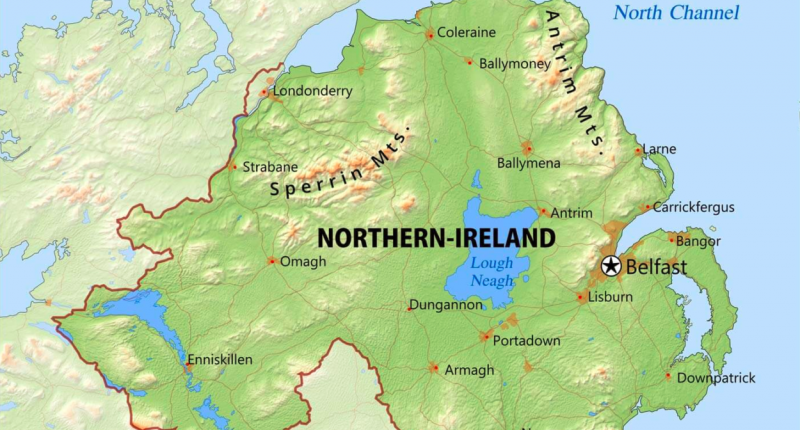Brexit is a word that has been on many lips for the last few years. Controversial and divisive, it’s a word that can cause an argument in seconds. But what does it mean for those involved? Well, for the European Union, it’s a loss of a massive market, 73 Members of European Parliament (MEPs), and it’s a hit for the principle of free movement. For the United Kingdom, it’s about more than that. The best way it could be summed up, is surprisingly with a quote from the Joker. It isn’t about money, it’s about sending a message. And that message is that the UK’s sovereignty is that of the UK’s, and no globalist elite will attack that.
Where things get really interesting, is across the Irish Sea. My home. Ireland. The fate of this small island has been inexplicably linked to that of the UK for centuries, and this time it’s no different. Brexit wasn’t passed here, as the population of Northern Ireland voted 55% against. But why? Are we Irish not proud of our nation? Or are we too fond of the EU money that falls into our laps every year? No. The issue lies along the border.
A hard border is what stopped a lot of people from voting for Brexit. The chance that things could go back to the way they were thirty years ago. When bombs and gunshots were as common as mud, and no one could feel safe. Fear is what stopped the vote here. The risk of a return to a bloody past. But will a hard border be implemented? Nobody can guess at the minute, Taoiseach (Irish Prime Minister) Leo Varadkar has been quoted as saying no preparations are being made for one, even though he has tried to play hard ball with the UK negotiating team. And some have said the Good Friday Agreement, the deal that finally ended the Troubles, forbids a hard border. But that’s not necessarily true either. The Good Friday Agreement, signed in 1998, agrees to the “development of a peaceful environment… can and should mean a normalisation of security arrangements and practices.” Is border security an unusual practice? Not really. And the only thing that caused an issue was the heavy militarisation of the previously existing checkpoints. But even then, under lighter security, these could easily become a target.
For all intents and purposes, we can assume the hard border is being used as a threat, a threat that the EU may implement a hard border. But it is a threat that holds no validity. No preparations have been made, and I can’t see a functional border crossing being built by Halloween. What everyone in the UK and Ireland needs now, is for the EU to wake up, and realise that everyone can see through their negotiating tactics, and understand that the best way forward, for everyone, is with an intelligent compromise.




